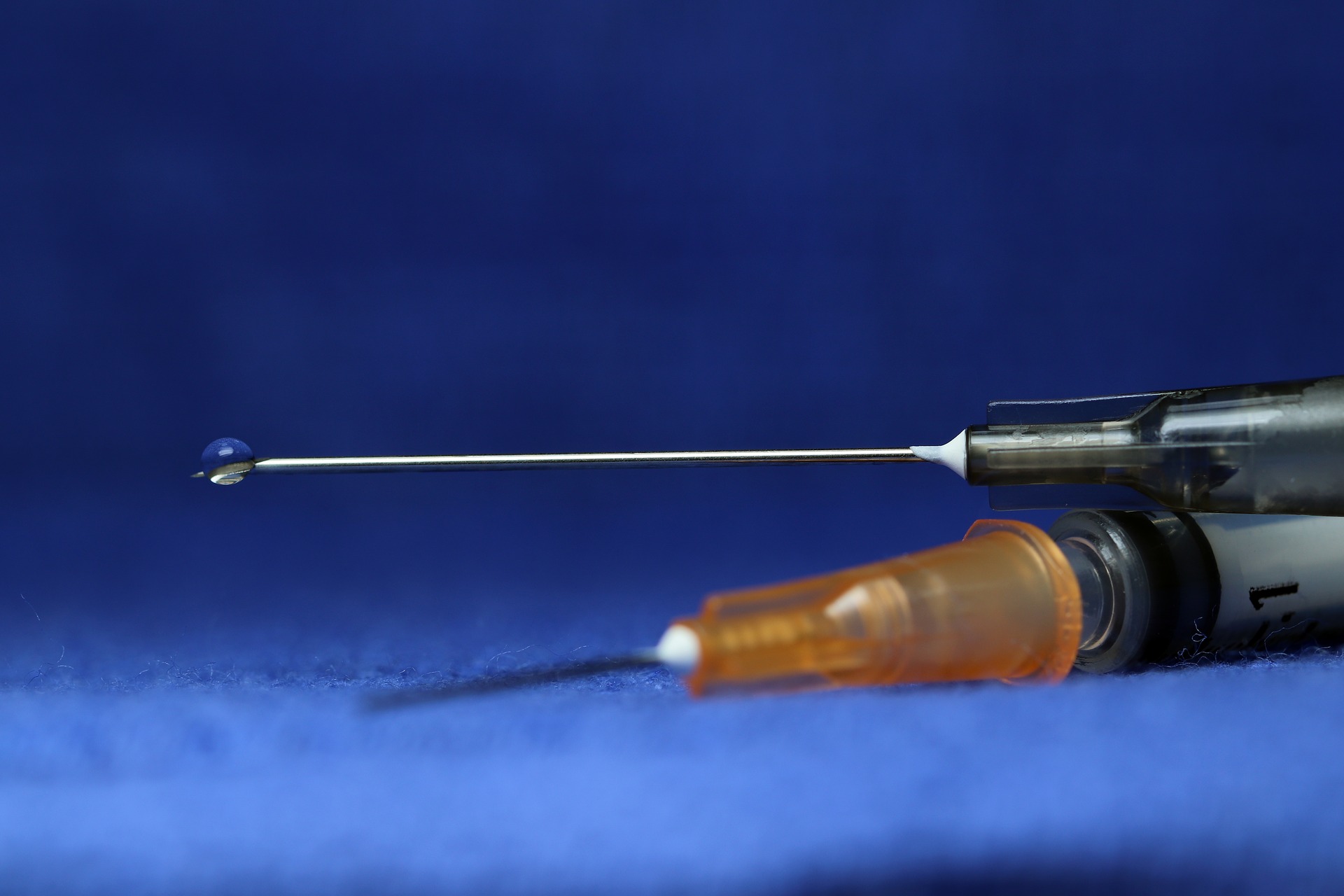Local advocacy groups feel B.C.’s move to temporarily decriminalize possession of small amounts of certain illicit substances is a good start, but not enough.
On Tuesday, the B.C. government announced that adults in possession of up to 2.5 grams of opioids, cocaine, methamphetamine or ecstasy will not be arrested, charged or have their drugs seized.
East Kootenay Network of People who Use Drugs (EKNPUD) project coordinator Jessica Lamb said a safe supply is still needed, not just the weight limit.
“This is a step in the right direction, however, once we start looking at the amount the government has laid out as acceptable, that’s where the concerns come in,” said Lamb. “Decriminalization, for us as advocates, is not going to fix the drug poisoning crisis. We hope it will impact stigma and we hope people are going to be more likely to reach out if they’re having problems with substance use, but it does not address the toxic drug supply.”
More: Small amounts of opioids, cocaine, meth decriminalized in B.C. (May 32, 2022)
According to Lamb, different groups have advocated for different weight limits, ranging from one gram (RCMP) to four grams (B.C. government) and five to seven grams (drug advocacy groups). Others advocated for no weight limit attached to carrying drugs for personal use.
Lamb said attaching the 2.5-gram weight limit might have unintended consequences.
“Now that there’s a number attached to this, police officers who come across people with more than 2.5 grams on them, will that become a problem? Is that person going to be charged for having more on them? are we going to have more drug-related offences because of this?” said Lamb. “Are you going to get charged with trafficking or intent to sell if it’s over 2.5 grams?”
Lamb was also critical of the date chosen to implement this change, with the temporary decriminalization to run from Jan. 31, 2023, until Jan 31, 2026.
“This is still seven months away before this gets implemented. Between now and then, there’s still going to be hundreds of preventable deaths,” said Lamb. “Why do we have to wait seven months to see this policy get implemented? We just went through COVID, and we saw that the government could change policy overnight, but as people who use drugs, we’re waiting seven months to get decriminalization to get the police off our backs for a little bit. Why are we waiting? Is this the government getting to choose who lives and dies?”
“We’re not progressing forward with this move, it’s almost like we’re moving backwards and feeding into these policies that are killing people.”
Lamb summarized her thoughts on the matter thusly.
“At least it’s something so we can get our foot in the door so we can push more policy forward. Hopefully, now that this has been implemented, maybe we will have more opportunities to advocate and show that 2.5 grams isn’t reasonable,” said Lamb. “It sucks that it’s not Canada-wide, but it is what it is and hopefully we can use it as a thing to drive policy forward.”
Lamb said EKNPUT and ANKORS, which she also works with, advocate for a safe supply of drugs, which will help combat organized drug trafficking.





